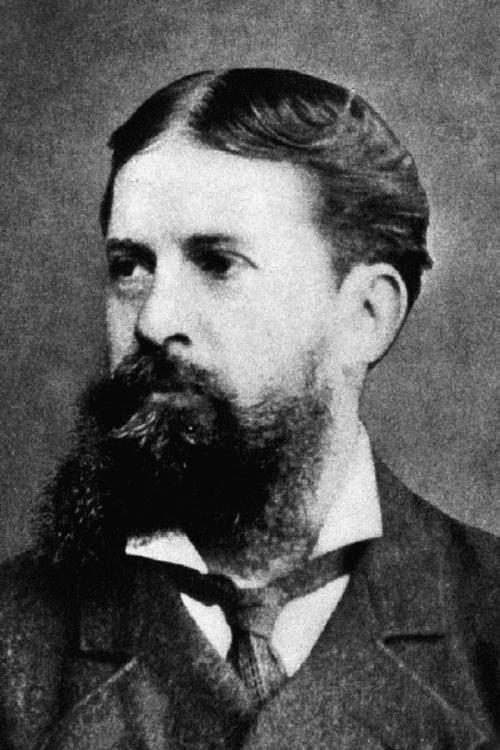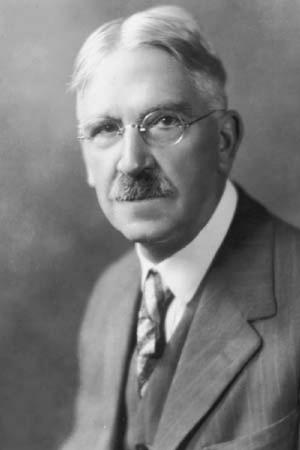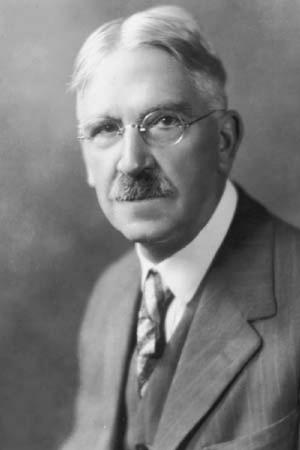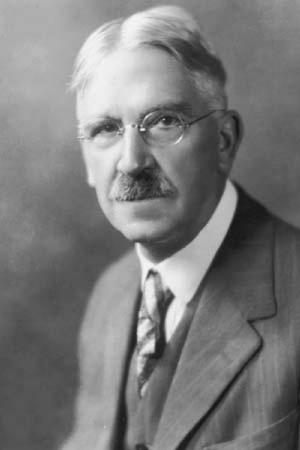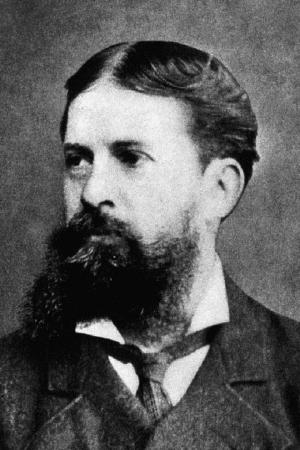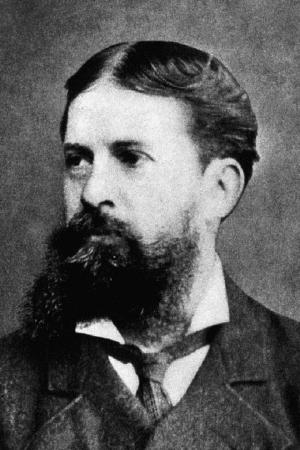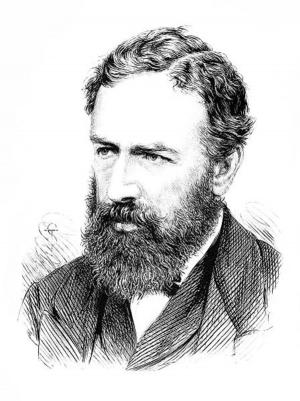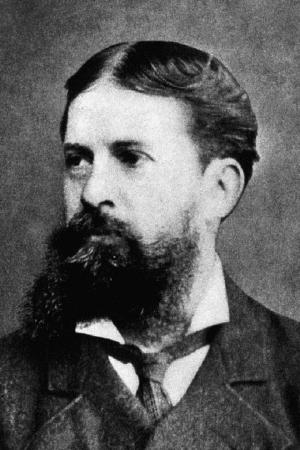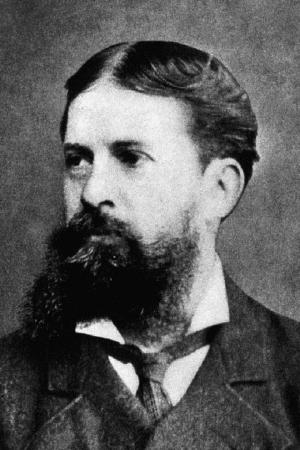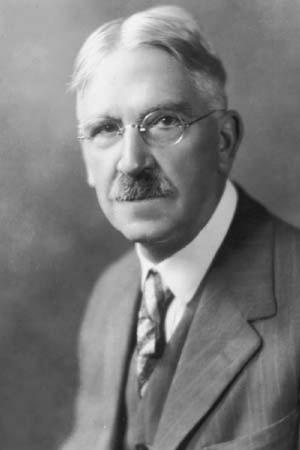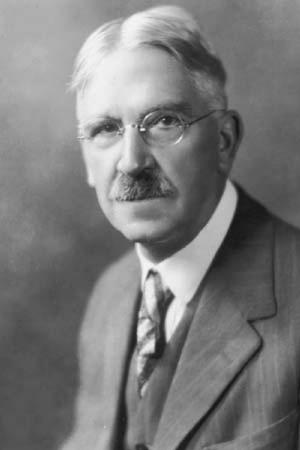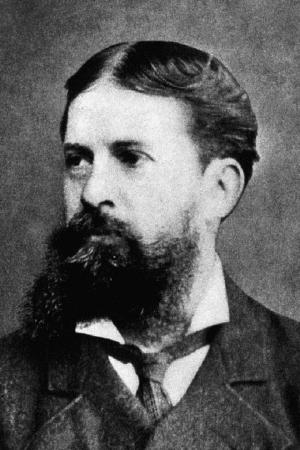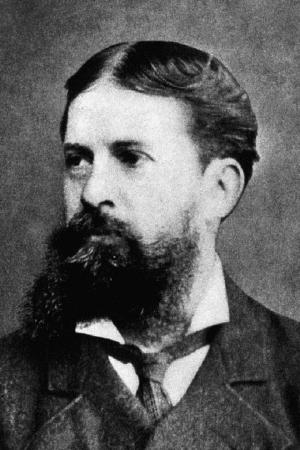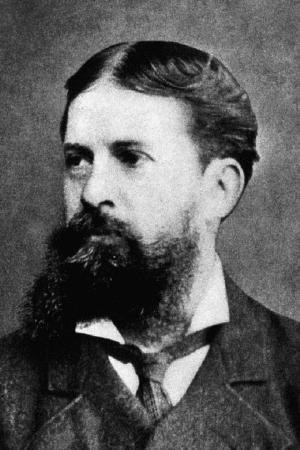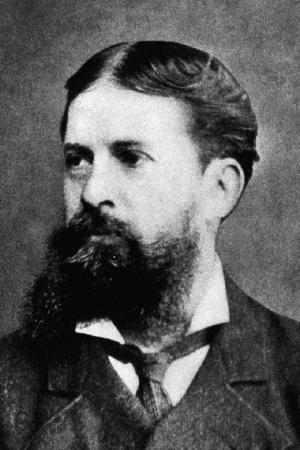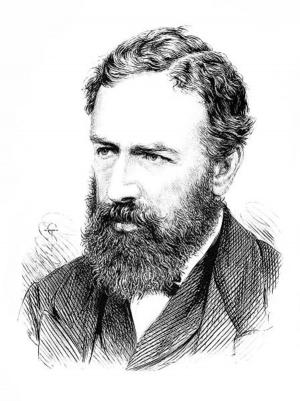| Author: | Charles Peirce, Timeless Books: Editor | ISBN: | 1230001227970 |
| Publisher: | Timeless Books | Publication: | July 14, 2016 |
| Imprint: | Language: | English |
| Author: | Charles Peirce, Timeless Books: Editor |
| ISBN: | 1230001227970 |
| Publisher: | Timeless Books |
| Publication: | July 14, 2016 |
| Imprint: | |
| Language: | English |
The book has an active table of contents for readers to access each chapter directly.
In 1934, Paul Weiss, an American philosopher, the founder of The Review of Metaphysics, and the Metaphysical Society of America, called Charles Peirce "the most original and versatile of American philosophers and America's greatest logician".
In 1943, Webster's Biographical Dictionary added Charles Peirce’s introduction as "now regarded as the most original thinker and greatest logician of his time."
Max Fisch, a well-known writer of identity, individuality, responsibility, morality, and political commitment, commented Charles Peirce as the follow:
“Who is the most original and the most versatile intellect that the Americas have so far produced? The answer Charles S. Peirce is uncontested, because any second would be so far behind as not to be worth nominating. He was mathematician, astronomer, chemist, geodesist, surveyor, cartographer, metrologist, spectroscopist, engineer, inventor; psychologist, philologist, lexicographer, historian of science, mathematical economist, lifelong student of medicine; book reviewer, dramatist, actor, short story writer; phenomenologist, semiotician, logician, rhetorician and metaphysician.”
Without any doubt, Charles Peirce is in the row of the best minds with Henry George, William James, Thorstein Veblen, and Ludwig Wittgenstein.
In 1868, Charles Peirce published his paper NOMINALISM VERSUS REALISM. In the paper, Peirce discussed his deep thoughts on NOMINALISM VERSUS REALISM. He also presented a critical overview of Peirce’s views on modern nominalism and offers a novel approach to the social-anthropological underpinnings of his realism, especially Pragmatic Realism vs. the individualist tendencies in modern thought. He significantly modified his past position on realism from his earlier scholastic realism to his mature realism, which we often call today as pragmatic realism.
The book is of interest to scholars and students of philosophy, especially to anyone who is interested in Charles S. Peirce and his foundational thought of Philosophy, Logic, and Science.
The book has an active table of contents for readers to access each chapter directly.
In 1934, Paul Weiss, an American philosopher, the founder of The Review of Metaphysics, and the Metaphysical Society of America, called Charles Peirce "the most original and versatile of American philosophers and America's greatest logician".
In 1943, Webster's Biographical Dictionary added Charles Peirce’s introduction as "now regarded as the most original thinker and greatest logician of his time."
Max Fisch, a well-known writer of identity, individuality, responsibility, morality, and political commitment, commented Charles Peirce as the follow:
“Who is the most original and the most versatile intellect that the Americas have so far produced? The answer Charles S. Peirce is uncontested, because any second would be so far behind as not to be worth nominating. He was mathematician, astronomer, chemist, geodesist, surveyor, cartographer, metrologist, spectroscopist, engineer, inventor; psychologist, philologist, lexicographer, historian of science, mathematical economist, lifelong student of medicine; book reviewer, dramatist, actor, short story writer; phenomenologist, semiotician, logician, rhetorician and metaphysician.”
Without any doubt, Charles Peirce is in the row of the best minds with Henry George, William James, Thorstein Veblen, and Ludwig Wittgenstein.
In 1868, Charles Peirce published his paper NOMINALISM VERSUS REALISM. In the paper, Peirce discussed his deep thoughts on NOMINALISM VERSUS REALISM. He also presented a critical overview of Peirce’s views on modern nominalism and offers a novel approach to the social-anthropological underpinnings of his realism, especially Pragmatic Realism vs. the individualist tendencies in modern thought. He significantly modified his past position on realism from his earlier scholastic realism to his mature realism, which we often call today as pragmatic realism.
The book is of interest to scholars and students of philosophy, especially to anyone who is interested in Charles S. Peirce and his foundational thought of Philosophy, Logic, and Science.
